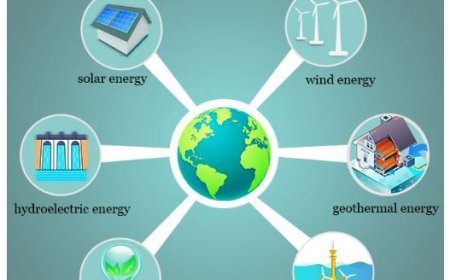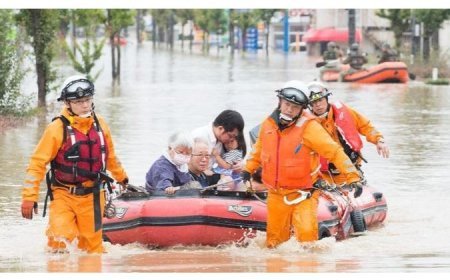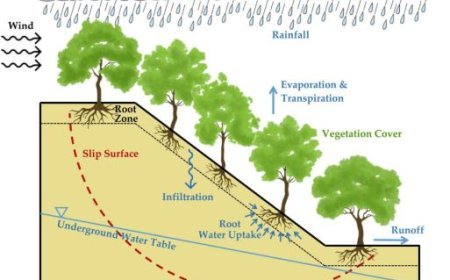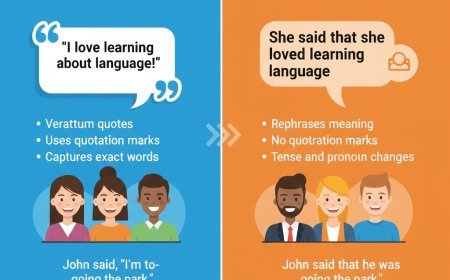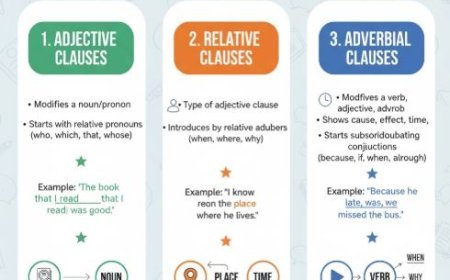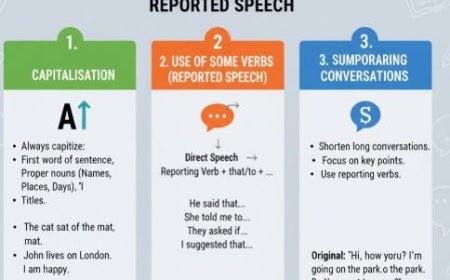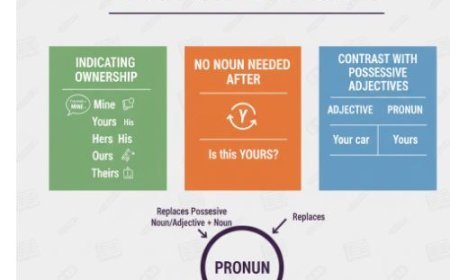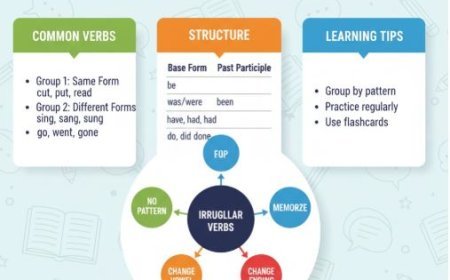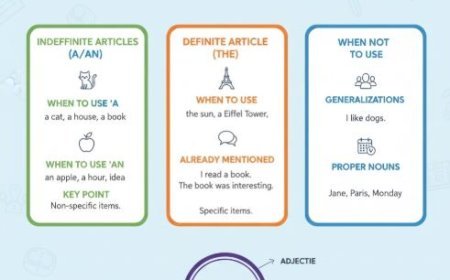TRANSITIVE VERBS
Transitive verbs need an object to complete their action (who/what gets affected).

TRANSITIVE VERBS
Imagine transitive verbs as superheroes, performing actions directly on "objects" (nouns or pronouns). These objects are needed to complete their meaning.
Examples
- The scientist conducted research. (Research "acted upon")
- The musician composed a symphony. (Symphony "acted upon")
Intransitive Verbs
Think of intransitive verbs as lone wolves, complete in themselves without needing any additional objects. They express actions, states, or emotions without directly affecting other nouns.
Examples
- The audience laughed. (There is no direct object of laughter.)
- The leaves fell from the trees. (Falling is inherent to leaves.)
Additional Examples
- Transitive: She built a sandcastle. (Built directly affects sandcastle.)
- Intransitive: He slept peacefully. (Sleeping doesn't affect another noun.)
- Transitive: They gave her a gift. (Gave directly affects gift)
- Intransitive: The flowers bloomed beautifully. (Blooming is inherent to flowers.)
What's Your Reaction?









